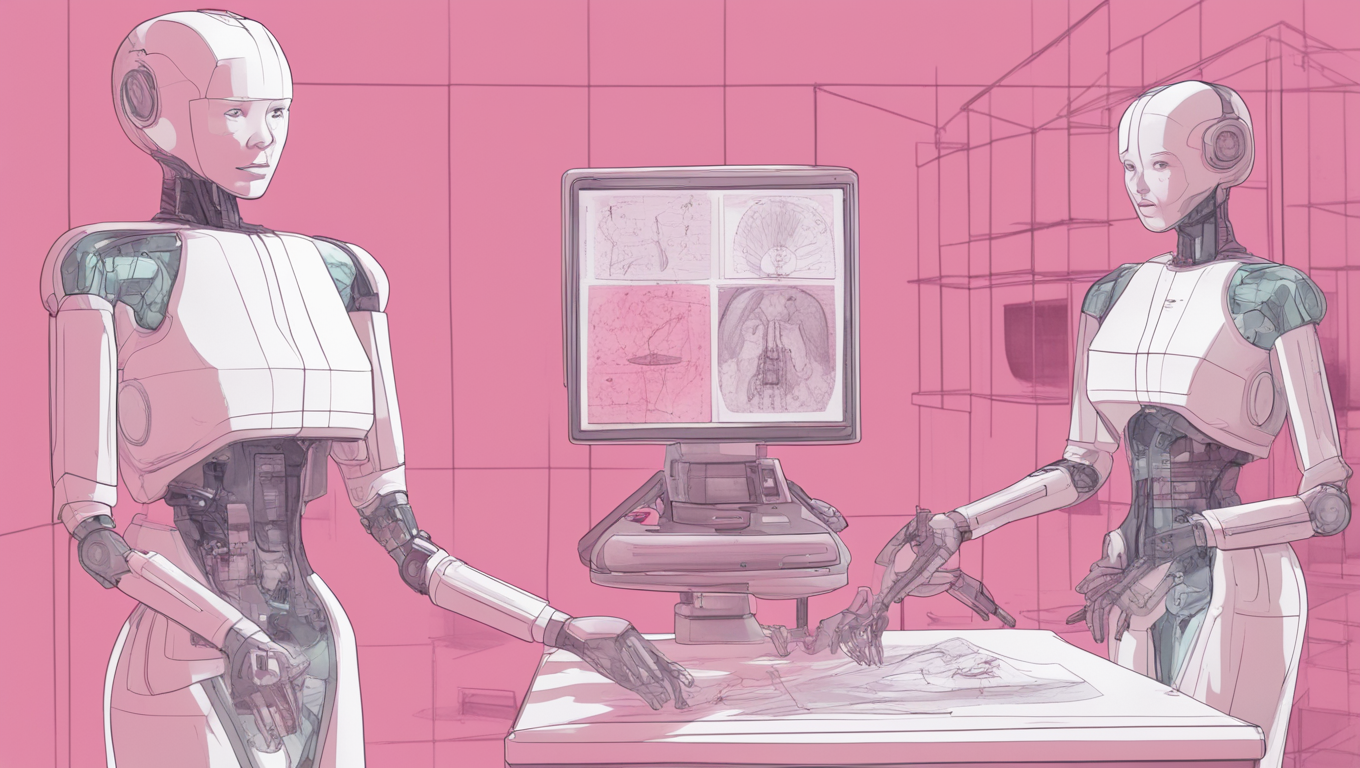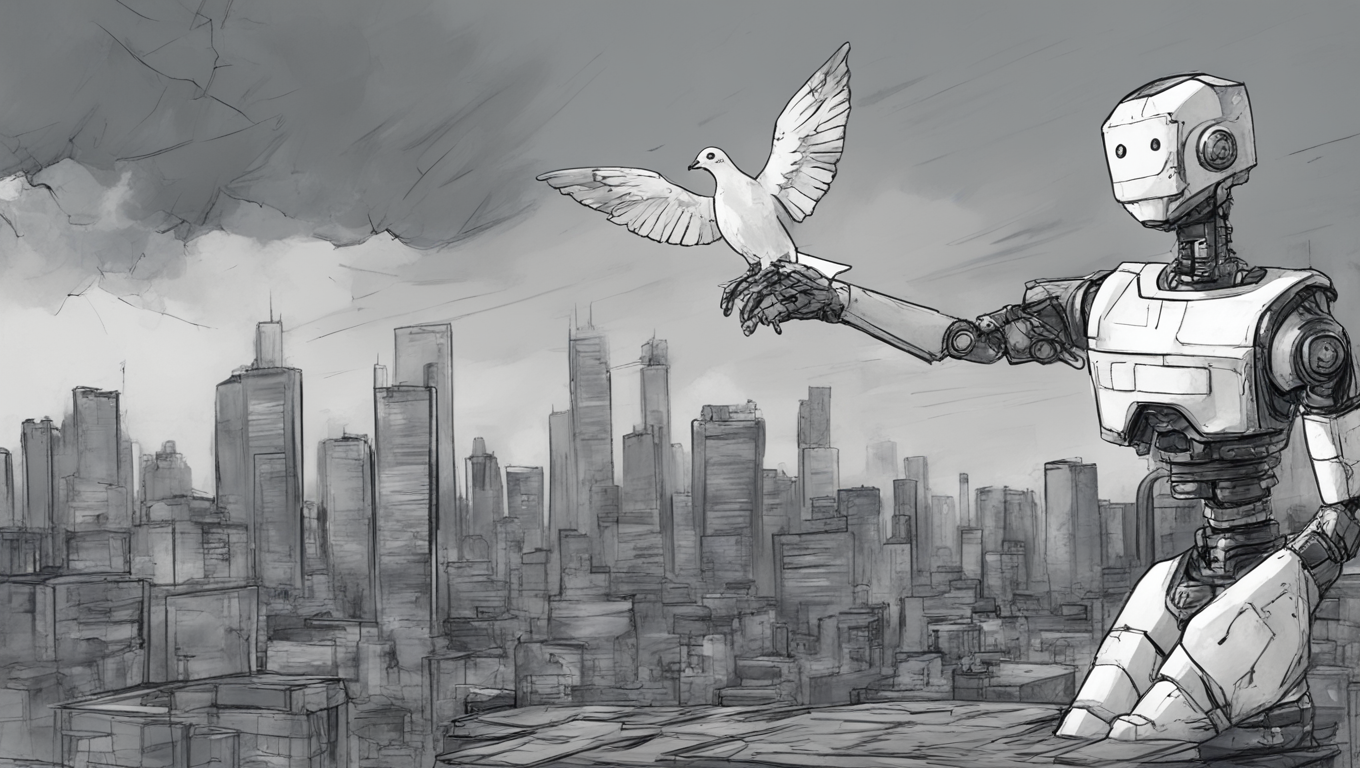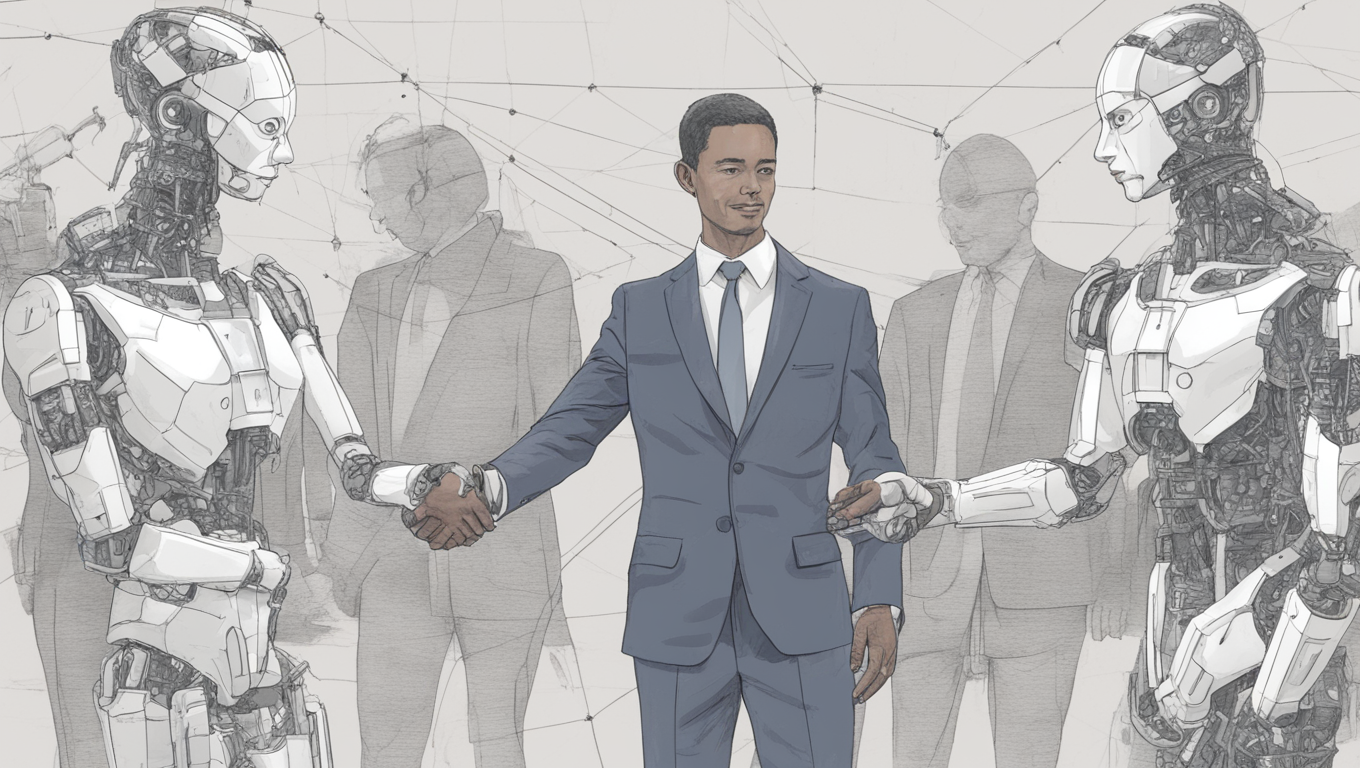Artificial Intelligence (AI) continues to make impressive strides in the medical field, with a recent study published in Nature demonstrating its superiority over human radiologists in detecting breast cancer. This groundbreaking research, conducted by Imperial College London and Kheiron Medical Technologies, revealed that an AI device named Mia outperformed its human counterparts by detecting up to 13 percent more breast cancers.
Breast cancer is a significant global health issue, with approximately 20 percent of tumors being missed during breast screenings. However, the introduction of Mia offers a glimmer of hope in the fight against this disease. Mia utilized advanced image recognition technology to meticulously analyze mammograms, actively searching for subtle signs of cancerous tissue that had been overlooked by radiologists.
The study involved more than 25,000 women across four screening sites in Hungary, where the AI device was deployed as an additional “reader” for mammograms. Prior to Mia’s analysis, the mammograms were examined by two radiologists. The AI system then reviewed the images, identifying potential false negatives and bringing attention to areas of concern that were previously deemed healthy by the human doctors.
The results were remarkable. Mia’s analysis delivered significant improvements in cancer detection rates, showcasing increases of 5 percent, 10 percent, and an astonishing 13 percent when compared to the average readings analyzed by two radiologists. Furthermore, the AI device detected invasive cancers in 83 percent of the additional cases it identified, highlighting its potential to detect cancers that have the potential to spread to other parts of the body.
This breakthrough study emphasizes the potential of AI in cancer detection and offers hope for earlier, more accurate diagnoses. The ability of AI to recognize subtle cancerous tissue that may have been overlooked by human radiologists is a game-changer. Early detection is crucial when it comes to cancer treatment, and Mia’s ability to identify these hidden signs provides an opportunity for prompt intervention and improved patient outcomes.
This study has not only demonstrated the capabilities of AI in detecting breast cancer but has also underscored the potential for AI to revolutionize the field of oncology. Dr. Hugh Harvey, a senior research fellow at University College London Hospitals NHS Foundation Trust, commented on the study, stating, “AI algorithms will only get better, so there is every reason to expect that all of these metrics will improve as the technology is deployed more widely.”
As AI technology continues to evolve and improve, the integration of AI devices like Mia into the medical field could pave the way for more accurate and efficient cancer diagnoses, ultimately saving lives.





Use the share button below if you liked it.